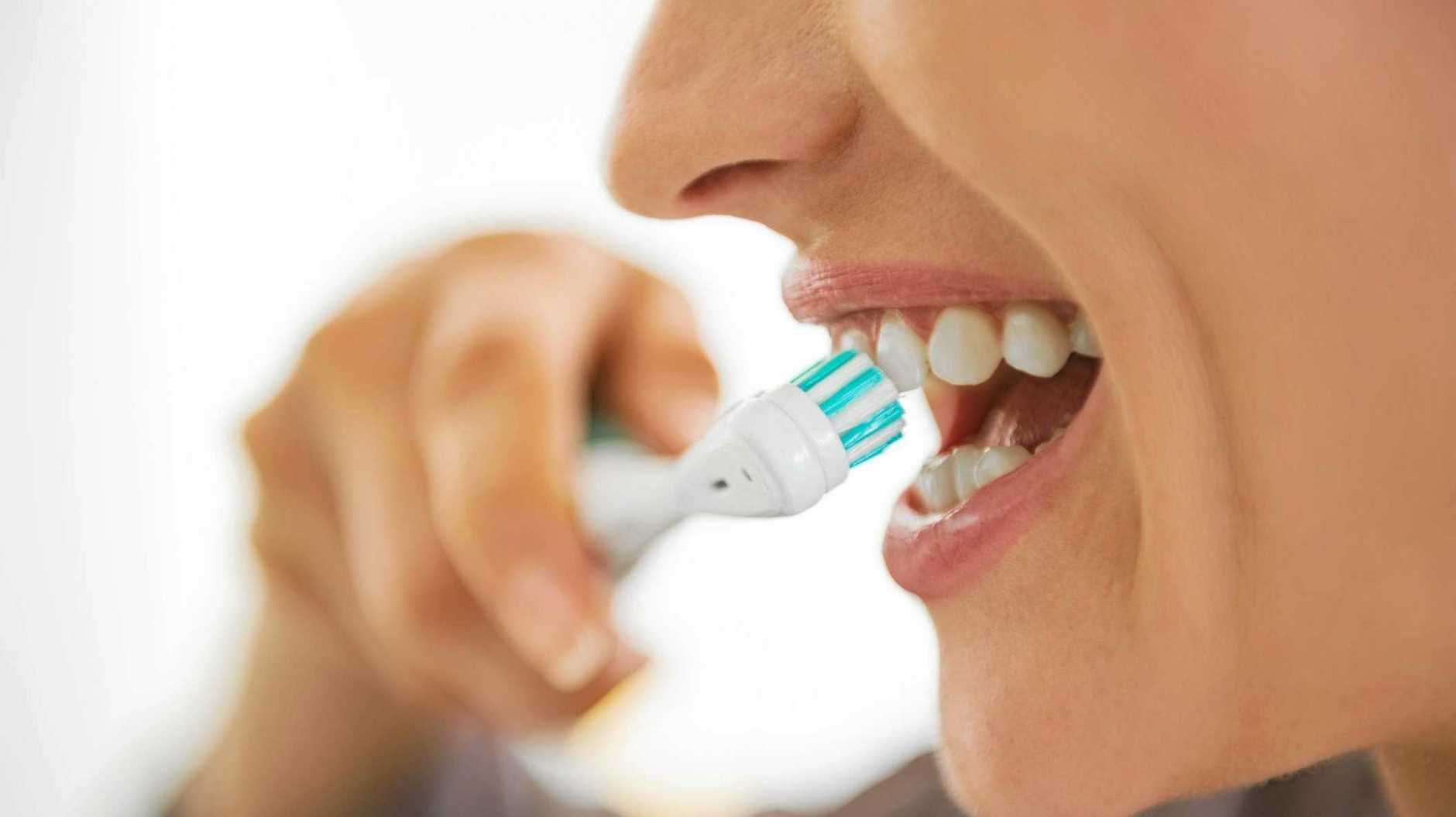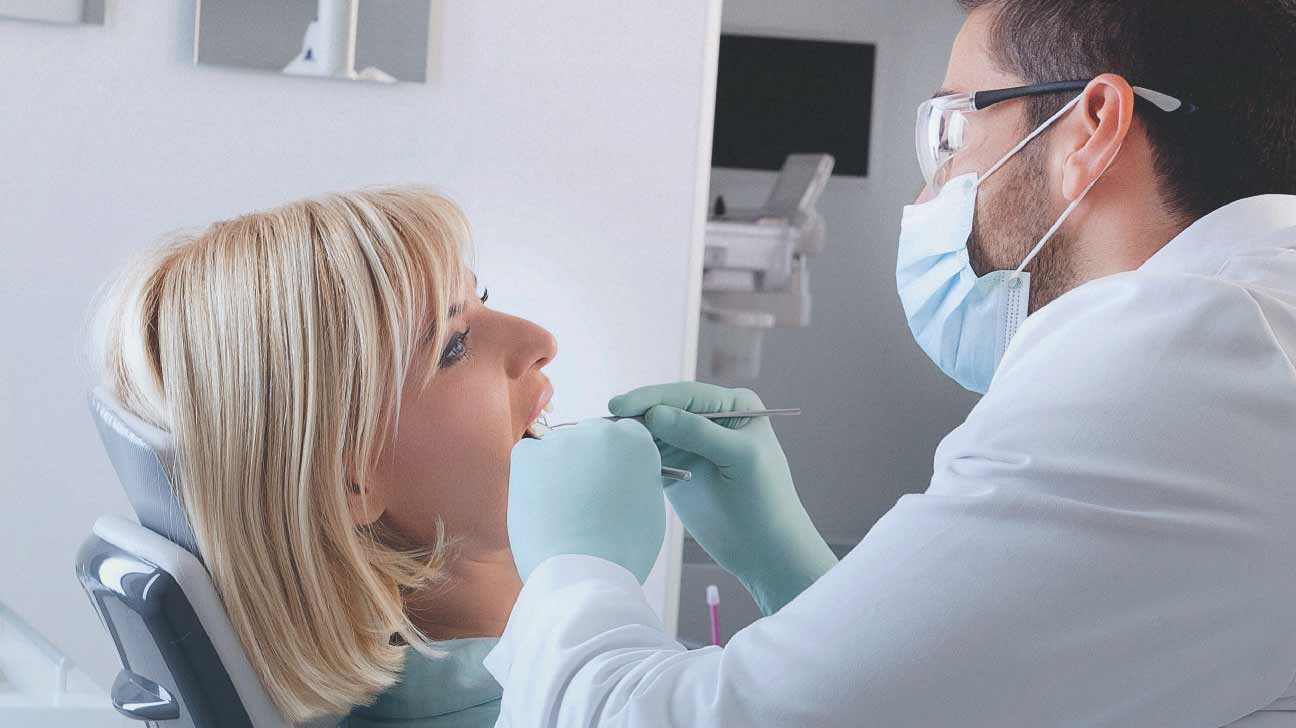Understanding Dental Treatment Bands
Do you put off visiting the dentist because you can’t afford it? Treatment might cost a lot less than you realise. Find out more about the NHS treatment charges.
36% of Brits are known to avoid going to the dentist due to the associated costs of treatment. The research, which was commissioned by the Oral Health Foundation discovered that this is a rise of 19% since 2017, with Chief Executive Dr Nigel Carter OBE citing the 5% increase in NHS dental charges as being a key cause of nonattendance. However, there are others who blame their unwillingness to visit the dentist on financial difficulties but are not actually aware of the cost of treatment. This guide will break down the current NHS bands so you have a full understanding of what you may be charged.
Transparent Treatment Bands
NHS dental treatment is categorised by three different price bands. As an NHS patient, you will pay the associated flat fee for any treatment that falls within the specific band.
Band 1 – £22.70
Your initial dental checkup, diagnosis and advice all fall within this category. If X-rays or a scale and polish are required, these will also be carried out as part of the same band fee.
Band 2 – £62.10
If you require a filling, root canal or a tooth extraction, these all fall within Band 2, which also covers everything outlined in Band 1.
Band 3 – £269.30
Complex procedures including crowns, dentures or bridges are carried out as part of Band 3, which also caters for the treatments and procedures described in Bands 1 and 2. It’s worth noting that cosmetic dental procedures such as veneers aren’t available on the NHS in the case of aesthetic reasons, and are only an option when there is a clinical need for a patient to have them.
Ongoing Treatment
Your access to dental treatment within the band you’ve already paid for, will be available for 2 calendar months after your procedure. For example, if you have been charged for a Band 2 filling, and then require another within that 2-month period, then your dentist will be able to carry out the filling treatment at no extra charge. However, once this duration has passed, you will need to pay the correct band treatment for any new dental care. A professional Essex dentist surgery explains that some NHS procedures have a 12-month guarantee on them, including fillings, veneers, crowns, root fillings and inlays.
You won’t need to pay for routine dental work such as stopping blood loss, removing stitches or to have dentures repaired.
Emergency Dental Care
The last thing you need to be worrying about in an emergency dental situation is your finances, which is why it’s reassuring to know that any emergency dental care is covered under Band 1 of the NHS plan.
Now that you’re aware of the true cost of dental treatment, hopefully the transparency of the treatment bands will reassure you that dental care is something you should budget for as a priority. Attending your 6-monthly checkups will help your dentist to keep an eye on your oral health, so the more regularly you visit, the less likely you are to need more advanced treatment. Book an appointment with a reputable NHS dentist today to enjoy positive oral health.





